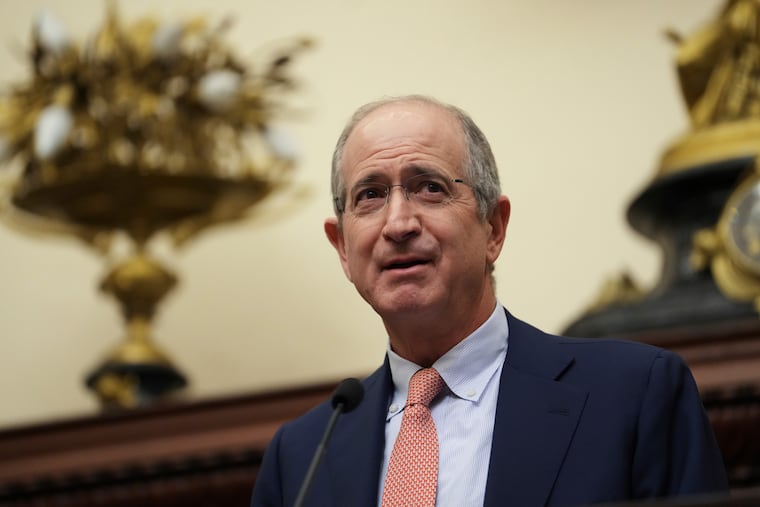Comcast and Aramark remove DEI content following new policies introduced during Trump’s administration.
Recent developments at Comcast and Aramark highlight a significant shift in how these companies address diversity, equity, and inclusion (DEI) initiatives. In recent weeks, both Philadelphia-based corporations have removed references to their DEI strategies from their websites amid ongoing scrutiny of their practices in the wake of policy changes associated with the Trump administration. The administration previously intensified efforts to investigate perceived discrimination issues across various sectors, prompting companies to reevaluate their DEI commitments.
The adjustments made by Comcast include altering the titles of key executives responsible for overseeing DEI programming. These changes come shortly after the Federal Communications Commission (FCC) announced an investigation into Comcast’s operations to ensure compliance with regulations that prohibit discriminatory practices. This inquiry reflects broader concerns about diversity within the media and telecommunications industries, particularly in light of pressures from political leaders like former President Donald Trump, who has vocally criticized networks under the Comcast umbrella, such as MSNBC.
Comcast, which has characterized diversity and inclusion as fundamental to its identity, previously highlighted its commitment to DEI on its corporate website, emphasizing workforce demographics, digital equity initiatives, and a perfect score on workplace equality indices. However, the recent modifications have led to a rephrasing of these commitments, with phrases like “advancing digital opportunity” replacing direct mentions of equity.
In a similar vein, Aramark has also streamlined its DEI messaging. While initially resistant to changes, the company recently removed its dedicated DEI webpage and has appointed a new vice president of global inclusion, signaling a shift in focus. Aramark’s previous executives charged with DEI roles have been reassigned, albeit the company maintains some mention of DEI initiatives on its career platform, indicating a complex transition.
Both companies are cooperating with the FCC’s investigations, a move that underscores their intention to align corporate practices with regulatory expectations. In response to inquiries, Comcast has reiterated its commitment to equal opportunity and inclusive workplace culture. Meanwhile, Aramark has emphasized its foundational values rooted in hospitality and inclusivity, reinforcing the idea that diversity is integral to its operational success.
The landscape of corporate diversity initiatives is rapidly evolving as external pressures to achieve compliance and meet public expectations mount. Companies across various sectors, not just Comcast and Aramark, are increasingly scrutinized regarding their approaches to fostering inclusive environments while navigating a complex regulatory and political climate. This intersection of corporate strategy and DEI policies will likely continue to reshape how industries engage with diversity, equity, and inclusion moving forward.
As this issue unfolds, the ongoing dialogue around DEI practices will be critical in defining the future of corporate responsibility and accountability across America’s business landscape.







